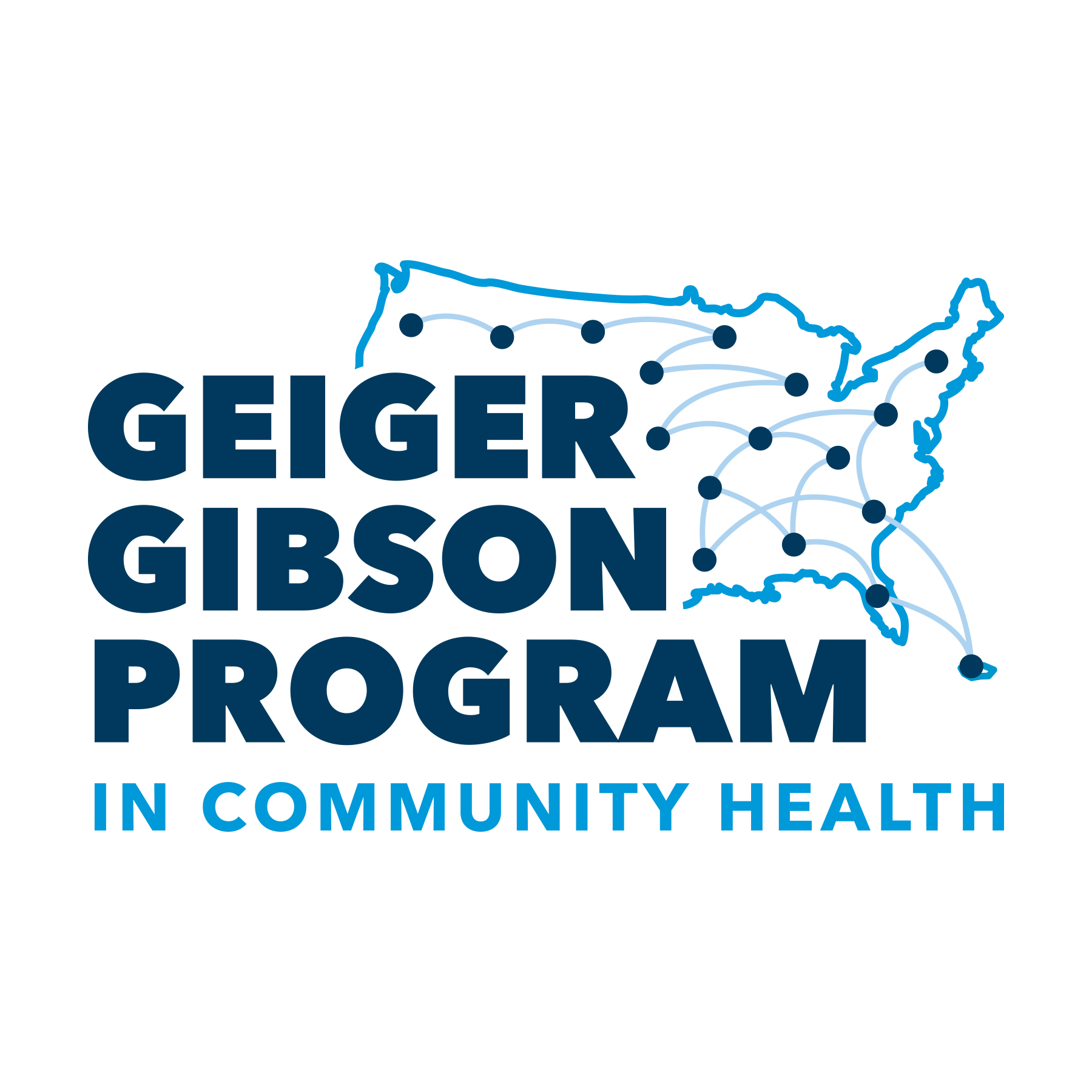During the COVID-19 Public Health Emergency (PHE), states were incentivized under the Families First Coronavirus Response Act to keep Medicaid beneficiaries continuously enrolled, but recent legislation de-links Medicaid enrollment from the PHE and allows states to begin eligibility redeterminations in April. Recent analyses estimate that up to 15 million Medicaid enrollees will lose Medicaid coverage by the end of this redetermination process. The Medicaid "unwinding" is expected to have significant ramifications for community health centers, which rely heavily on Medicaid revenue. Nearly half of the more than 30 million patients served by community health centers in 2021 were insured by Medicaid.
A new data note by the Geiger Gibson/RCHN Community Health Foundation Research Collaborative provides estimates of the potential effects on community health centers' staffing and patient capacity nationally and by state, based on Urban Institute estimates and 2021 Uniform Data System data. It is estimated that the unwinding will decrease total health center revenue by 4% to 7% nationally, with an associated loss in patient capacity of 1.2 to 2.1 million patients and a staffing capacity loss of 10.7 to 18.5 thousand staff members. Careful implementation of the unwinding process to help Medicaid beneficiaries renew their coverage if they are still eligible, or find new sources of coverage if they are not, is essential, as is increased federal funding to community health centers to offset the loss of Medicaid revenue.
Read the date note and please share widely with your colleagues: The Potential Effect of Medicaid Unwinding on Community Health Centers.



